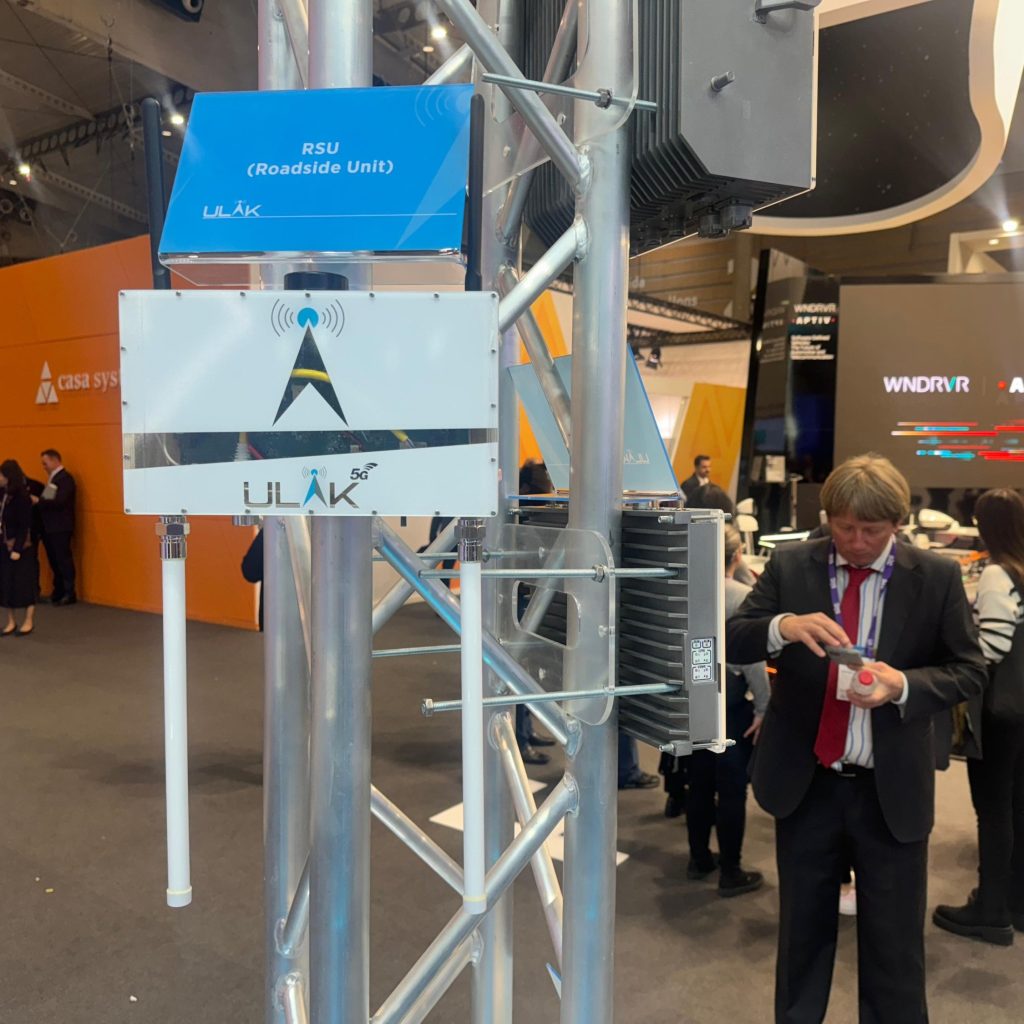The U.S. and Chinese government officials will meet in Geneva on Tuesday to discuss the “full range of risks” associated with artificial intelligence. This will mark the first formal dialogue between the countries on matters relating to AI risks.
The meeting sets in motion a previous agreement between President Joe Biden and Xi Jinping last November to promote and strengthen the dialogue between the two superpowers in AI, among other areas.
Just “Exchange of Views,” No Dealmaking
However, a senior administration official made it clear that the meeting is aimed at understanding each others’ views on AI risks and that there will not be any dealmaking between China and the U.S. in the meeting tomorrow.
“The talks are not going to be focused on any particular deliverables, but rather an exchange of views on the technical risks of AI, as an opportunity to directly communicate on respective areas of concern,” the official told reporters. “We’re not looking to develop a joint statement.”
When asked if they would prioritize discussions on the use of AI in nuclear weapons, the official said they expect to “have a discussion of the full range of risks” and “explain our approach to normative principles of AI safety.”
However, “our technology protection policies are not up for negotiation,” the official told reporters.
According to Reuters, the dialogue will be led by U.S. National Security Council official Tarun Chhabra and Seth Center, the State Department’s acting special envoy for critical and emerging technology. The Chinese officials attending are from the Foreign Ministry and the National Development and Reform Commission.
US’ Concern Over China’s AI Efforts
Over the past years, China has been making efforts to expand its AI capabilities across different sectors. However, the U.S. has expressed concern over the country’s implementation of AI areas like civilian, military, and national security sectors.
Some officials had argued that China’s efforts in this regard undermine the national security of both the U.S. and its allies. The concern led to some measures by the U.S. administration, such as the restriction of China’s access to advanced AI chips and chipmaking tools made with US inputs to constrain China’s AI efforts.
Putting aside the tension, the meeting could help both parties communicate their stance and, perhaps, put a guardrail on the use of the technology.





